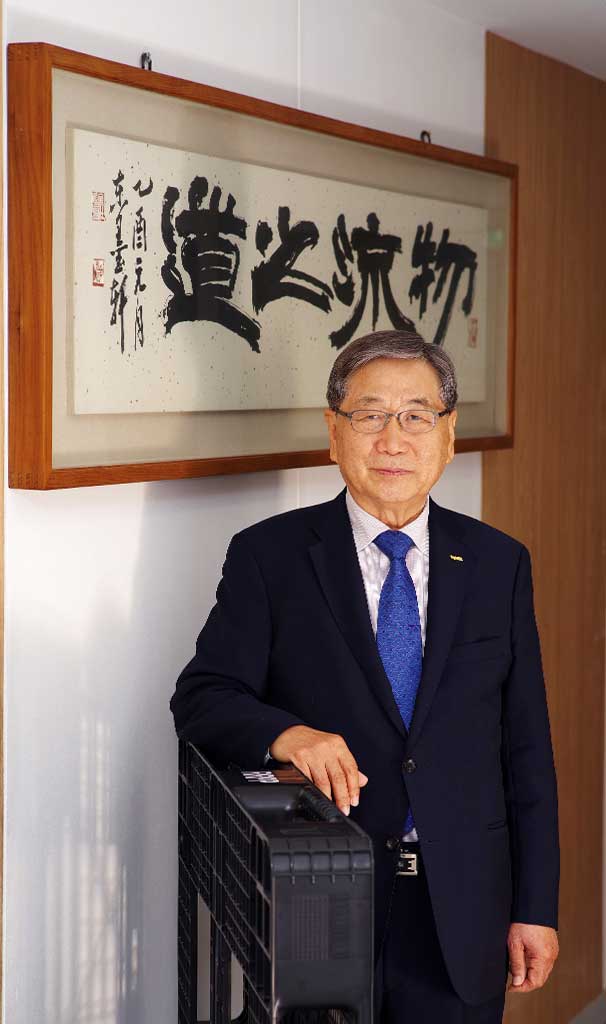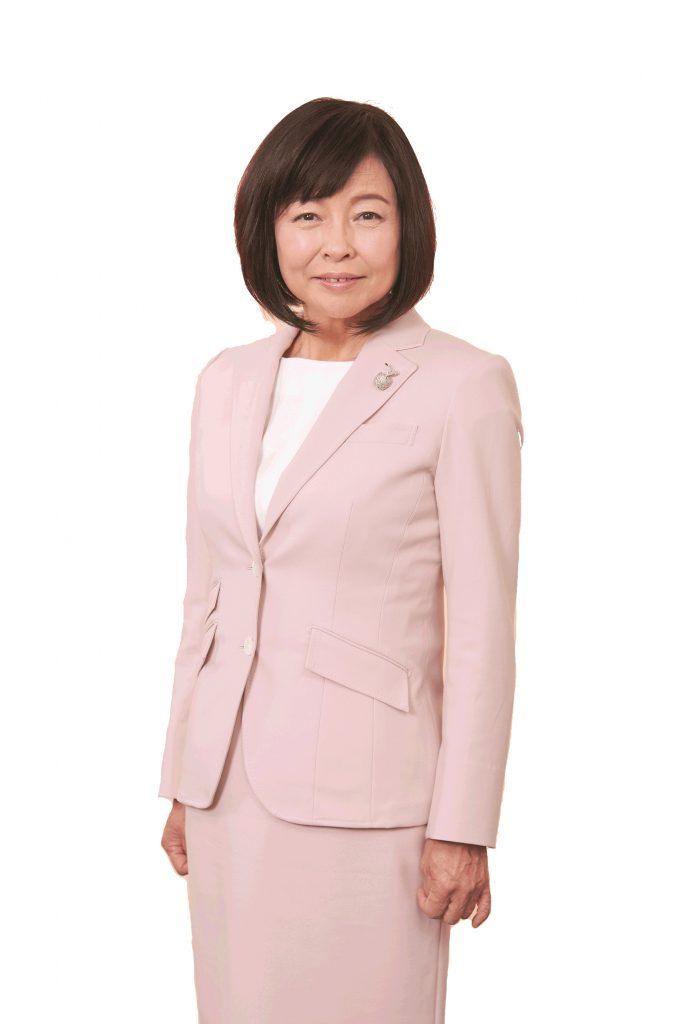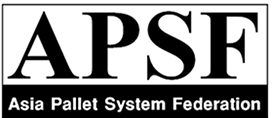Greeting
Welcome to APSF
Thank you for visiting APSF, we sincerely appreciate your interests.
APSF was established on June 8th, 2006 in Tokyo, Japan representing Asian countries in the area of pallet standardization and 10 members countries are currently registered.
I am Byong Yoon Suh, the 9th Chair of APSF elected at the 17th APSF General Assembly. I was responsible for being the 2nd and the 3rd Chair of APSF, and am sincerely honored and thankful to serve such a position again.
APSF is aiming for the implementation of the eco-friendly and collaborative sharing system for Asian Standardized Pallets which are T-11 and T-12 types. Each member country has been endeavoring one’s effort in establishing the principles of Unit Load System through the pallet standardization, and promoting an economic, environmental and social consensus by sharing the information of pallet and logistic statistics. However, we are still behind with respect to the level of not only for the pallet standardization but the usage of pallets.
Furthermore, in the past recent years, the global supply chain was exposed of one’s uncertainty and vulnerability due to COVID-19, where the ideal of eco-friendliness has been more significant. The standardized Unit Load System which we are promoting is the key factor in terms of achieving the reduction of CO2 emission and increasing logistic efficiency. In addition, it is the most optimal way to establish an ‘eco-friendly logistics supply chain system’ considering both economic growth and environmental protection.
In the sense of promoting such goal, I hereby, am proposing the following three tactics.
First, APSF would like to establish Returnable Transport System called RTS in Asia for the purpose of logistic standardization, sharing system, and environment friendliness. Furthermore, we are planning to operate the Asia Unit Load School as a permanent educational institution.
Secondly, APSF would like to promote the establishment of tracing and tracking system for import and export pallets, and APSF Marking Certification System for tariff exemption and free-tariff on the reusable pallets crossing the borders between Asian countries.
Thirdly, we would like to propose our rights and responsibilities to an International Community, such as the United Nation regarding the Carbon Credits by utilizing returnable and reusable pallets through analyzing the reduction in CO2 by means of Life Cycle Assessment called LCA. This proposal would be consistent with the policy that United Nation is pursuing for Carbon Neutrality and bring the dignity of APSF to an upper level. We in the APSF must build a strong relationship with the spirit of cooperation that has been strengthened by now, and with such spirit we will be able to organize a foundation and a partnership for securing the advancement and competitiveness in Asian Logistics.
All individuals, not only the members of APSF, but every other personnel working in the Asian logistics field should unite and make one’s endeavor for the realization of optimal logistics supply chain system by sharing our knowledge and information from each other.
I want to express my sincere gratitude to all the logistics experts who are working day and night in the APSF member countries.
Thank you,

Chairman of APSF
Byong Yoon Suh
Welcome to APSF
Promoting palletization in collaboration with member countries
APSF, which was founded in 2006, set the standard pallets in Asia as T-11 and T-12 pallets, and we have been promoting standardization, labor saving, and resource saving in the logistics industry of each member country.
During my two-year tenure as the chairperson of APSF, we have worked on making the roadmap to 2030. It promotes the effective usage of pallets as well as rendering pallets preferred in the member countries. Currently, the world has faced labor shortage, depletion of natural resources, and accelerating climate change. It is distinctly possible to cause supply chain disruptions. To steer and avoid these risks, we need both standardization and efficiency in the logistics across the board in Asian countries, which are playing an increasingly important role in the global economy.
In Japan, we create and capture value in public-private ties, and we support our chairperson Byong Yoon Suh who is the center of proceedings with activities of APSF. It is time to cooperate with each other and move forward with our initiatives hand in hand. We look forward to working with you.

